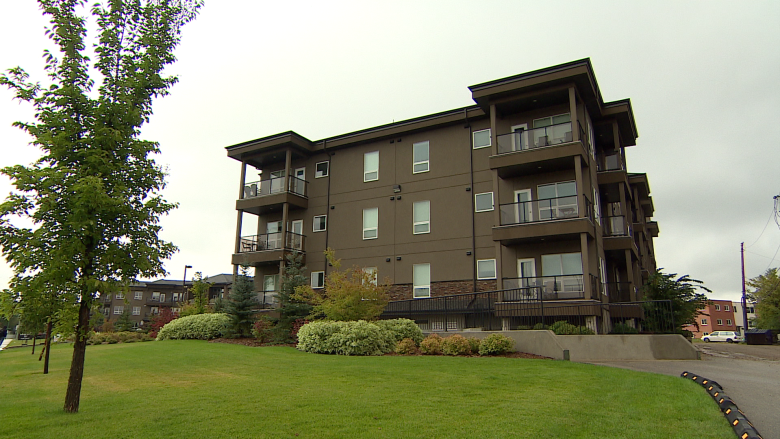Saskatoon real estate market to outperform other Canadian cities: report
Saskatoon's real estate market should outperform other Western Canadian cities in the coming years, according to a report released Wednesday by the Real Estate Investment Network.
The organization describes itself as a real estate coaching company, which sells annual memberships to investors and entrepreneurs.
"Understand that if North Korea fires off some missiles and things, all bets are off," said Don Campbell, who founded the group.
"But Saskatoon, and Saskatchewan as a whole, has food, fuel, fertilizer and farmers. Those four Fs definitely are going to be needed in the future," he said during a telephone interview from Vancouver.
Rising interest rates, job losses take a toll
Not everyone takes such a rosy view of Saskatoon's future, with the city's unemployment rate now pegged at 8.4 per cent.
"Saskatoon is coming off two years where its economy contracted," said Robin Wiebe, a senior economist with the Conference Board of Canada. "That's because of oil but also weakness in other commodity prices, such as uranium and potash."
He said Saskatoon can expect to see gross domestic product growth of up to 3.5 per cent next year, forecasting "decent but unspectacular" growth rates for the city of two per cent per year after that.
Wiebe described housing demand in the city as "relatively slack," with an oversupply of newly built condominiums sitting vacant.
"Saskatoon's economy may have turned, or it may be in the process of turning, but if it were my money I wouldn't be investing in apartments in Saskatoon right now," said Wiebe.
He noted buyers today face higher interest rates, with federal regulators proposing lenders adopt tougher measures to weed out those who cannot pay should rates climb further.
"Forecasting a turning point is fiendishly difficult," Wiebe said.
For his part, Campbell urged potential investors to avoid buying until the right property hits the market.
"The next 18 months probably aren't going to be pretty in the housing market anywhere in Saskatchewan," said Campbell. "But the stability and the diversity and the age of the population are all indicating it's going to be one of the outperformers."
Campbell's organization said Saskatoon is bucking the trend set by other Western Canadian cities with a lower-than-average GDP decrease of just one per cent in 2016.
He said 60 per cent of the provincial GDP is now produced in the services-producing sector, which is a shift from traditional areas of growth.
"If you are going to be buying and you are going to be parking some capital in there, now is the time to be patient and wait for the right property, rather than just go pick any property like you could five years ago," Campbell said.
This year, Saskatchewan saw nine per cent growth in exports, which shows an increase in employment-based economic growth, his report said.
Officials at the Royal Bank of Canada predict Saskatchewan's real GDP growth will be 1.8 per cent in 2017 and 2.3 per cent in 2018.



